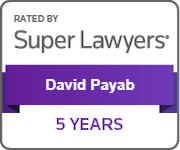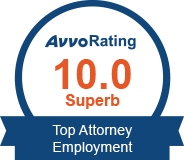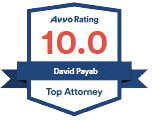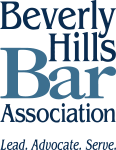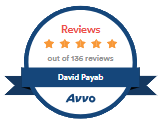1. Making unlawful inquiries before employment. Inappropriate questions during interviews are a primary source for claims of discrimination. The courts generally assume that if you asked a question, you intended to use the answer as a factor in your hiring decision.
ie: “That’s an interesting accent you have. Where were you born?”
2. Delivering dishonest evaluations. Many supervisors avoid giving poor performance evaluations to their employees and instead cop out with a “satisfactory” rating. This conduct could ultimately create murky situations for the employer.
ie: “I’m giving you a ‘satisfactory’ rating, and I think we both know what that means in this company.”
3. Too vague in discipline and performance write-ups. Supervisors often write something on performance evaluations like “needs improvement.” That’s too vague. Always be specific with performance reviews.
ie: “I’m making a note here that we talked about your performance.”
4. Making rash disciplinary decisions. Firing an employee may be the appropriate action but firing an employee instantly in anger is not the way to do it. You should never fire without carefully reviewing the circumstances with HR.
ie: “That’s it, I’ve had it, you’re fired.”
5. Making uninformed responses to medical leave requests. The best way to deal with this problem is to contact HR before making decisions on medical leaves.
ie: “You’re going to take every Friday off? That’s not going to happen.”
6. Not realizing the “power” of the supervisor. Supervisors are agents of the company, and when they engage in behavior that may be considered harassment, it is especially grievous because of the power they have over their employees.
ie: “Let’s go out for a drink after work. Then maybe we can hang out afterwards.”
Read More: http://goo.gl/XYTHWh


